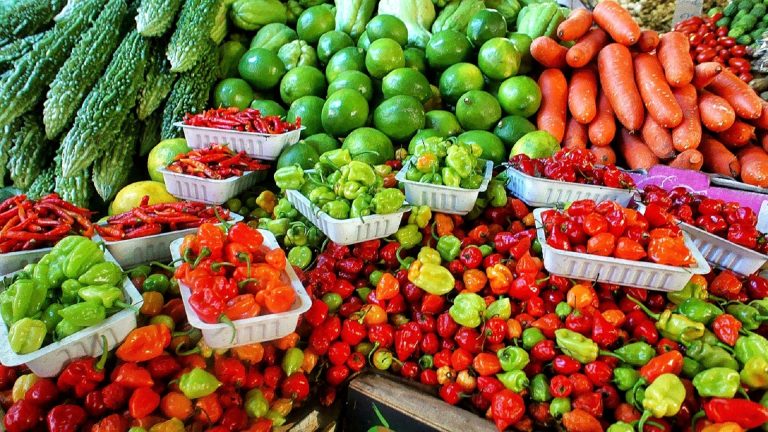
In recent decades, farming has shifted dramatically. Modern agriculture often relies on heavy mechanization and mass production, using pesticides, synthetic fertilizers, additives, and genetically modified organisms (GMOs) to increase yield and efficiency. But what’s the cost of this convenience? Mounting evidence suggests these practices may be affecting not just our planet—but our personal health and fertility.
As a fertility coach dedicated to helping couples conceive naturally, I believe in nurturing the body with whole, clean foods that support hormonal balance and reproductive health. One simple but powerful way to do that? Grow your own organic vegetable garden.
Whether you have a backyard or just a few pots on a patio, here are 7 fertility-boosting reasons to start your own organic garden:
1. No Harmful Additives—Just Nourishment
Additives in conventional produce are often linked to issues like heart disease, migraines, and hormonal disruption—all of which can impact your fertility. When you grow your own vegetables, you skip the hidden ingredients and give your body only what God intended: pure, life-giving food.
2. Avoid Pesticides and Synthetic Fertilizers
Pesticides can disrupt endocrine function and mimic hormones in the body, throwing off your delicate fertility balance. Growing your vegetables organically protects you and your future family from these toxins while giving your body the clean nutrients it needs to thrive.
3. Free From Genetic Modification
Many commercial crops are genetically modified and treated with antibiotics or hormones to boost size and shelf life. These foreign substances may influence reproductive health. By growing your own vegetables, you can be confident you’re eating real, unaltered food the way God created it.
4. Naturally Boost Your Fertility
Your own organic vegetables are richer in nutrients and free from toxins that burden your liver, gut, and hormonal systems. Eating fresh, homegrown produce is one of the most natural ways to nourish your body and prepare it for pregnancy.
5. Flavor That Fuels the Body and Soul
When your food is clean and natural, the flavors come alive. You’ll enjoy cooking more, and nourishing your body will feel like an act of worship rather than a chore. And remember: the better your food tastes, the more likely you are to eat in a way that supports your fertility.
6. Protect God’s Creation
Organic gardening honors the earth. By avoiding harmful chemicals, you contribute to cleaner air, water, and soil. Fertility is about new life—not just within your family, but within your environment. Stewardship of the land is an act of gratitude and responsibility.
7. Promote Sustainability and Self-Sufficiency
Growing your own food fosters independence, resilience, and community. Imagine being part of a group of women and families supporting one another with homegrown produce, shared seeds, and fertility-boosting recipes. That’s a glimpse of the self-sustaining lifestyle that supports health, life, and connection.
Final Thoughts
As you walk the path toward parenthood, remember that every small step matters. Growing your own organic vegetables might seem like a humble act—but it can have powerful effects on your health, your fertility, and your future family.
And the best part? You don’t need acres of land. A few pots, good soil, and God’s sunlight are enough to begin. Start small, trust the process, and let this be one of the many ways you prepare your heart, body, and home for the gift of new life.
Want to learn how to support your fertility with food and lifestyle changes?
👉 Book a discovery call with me and let’s grow your fertility journey together—from the garden to your heart. 🌿💛
